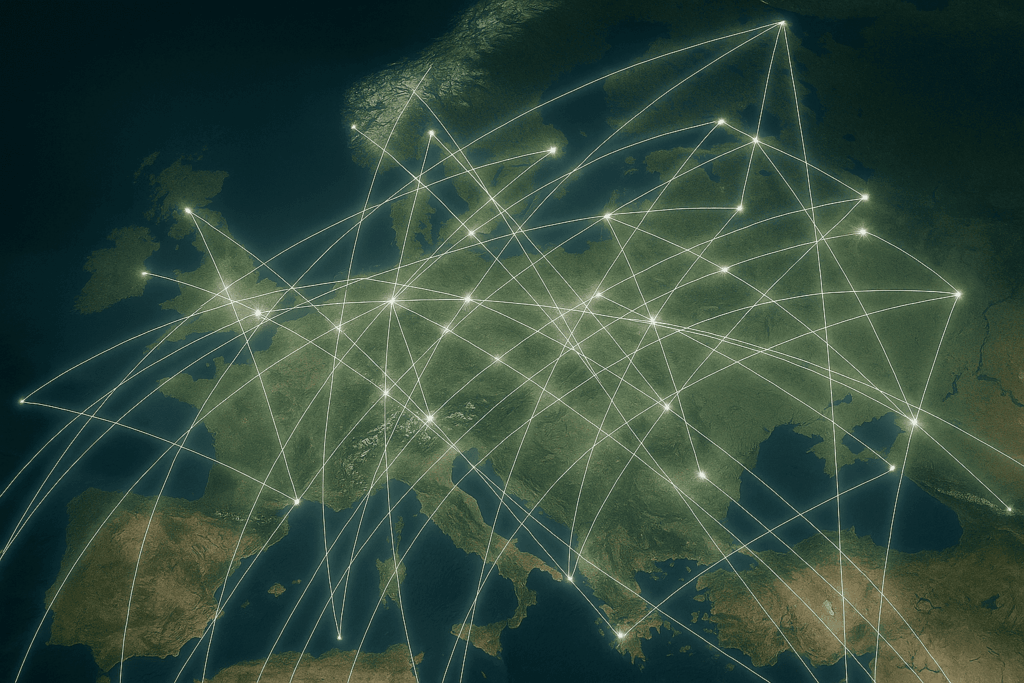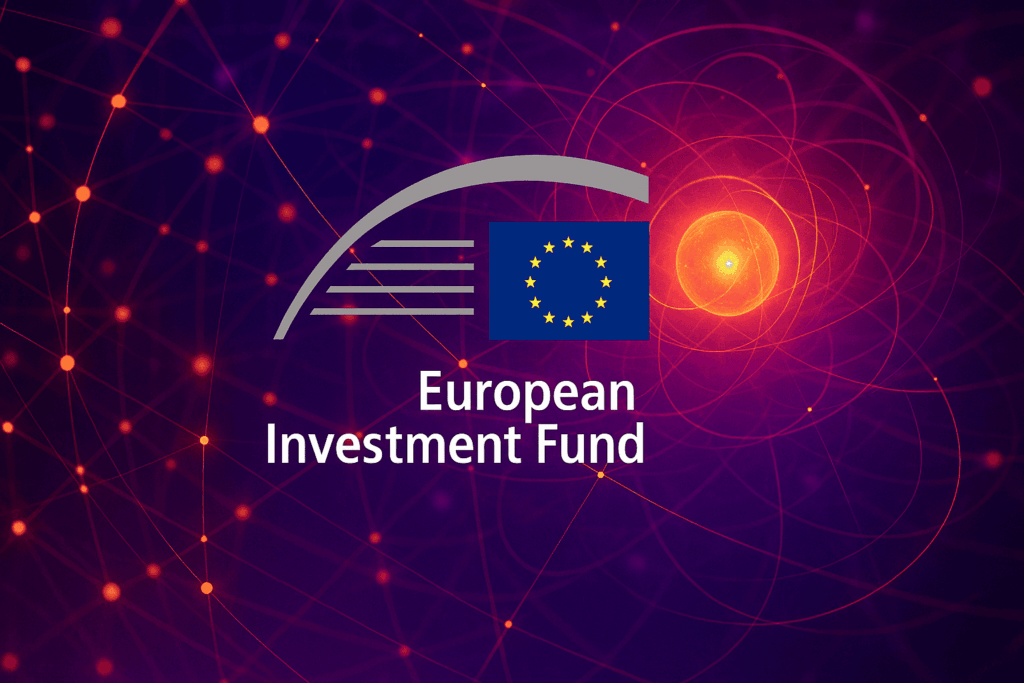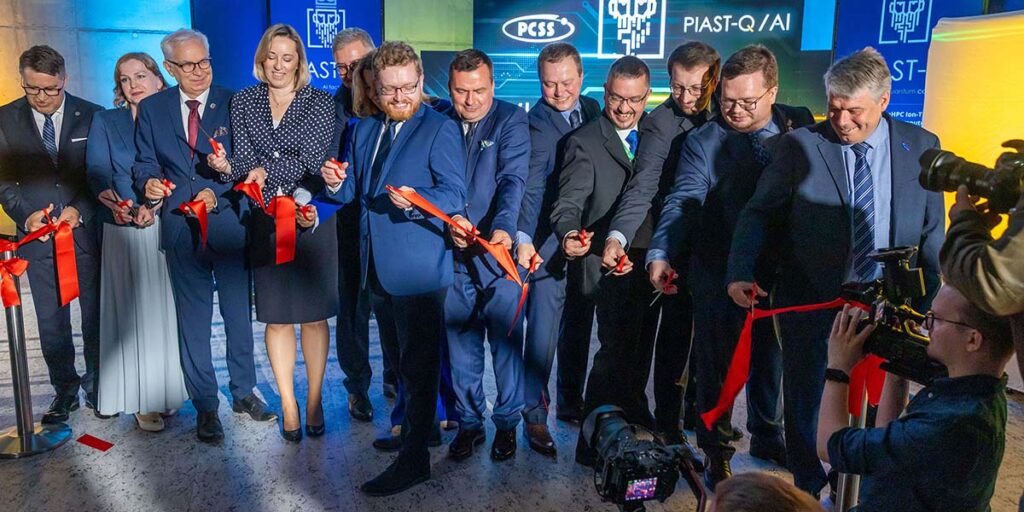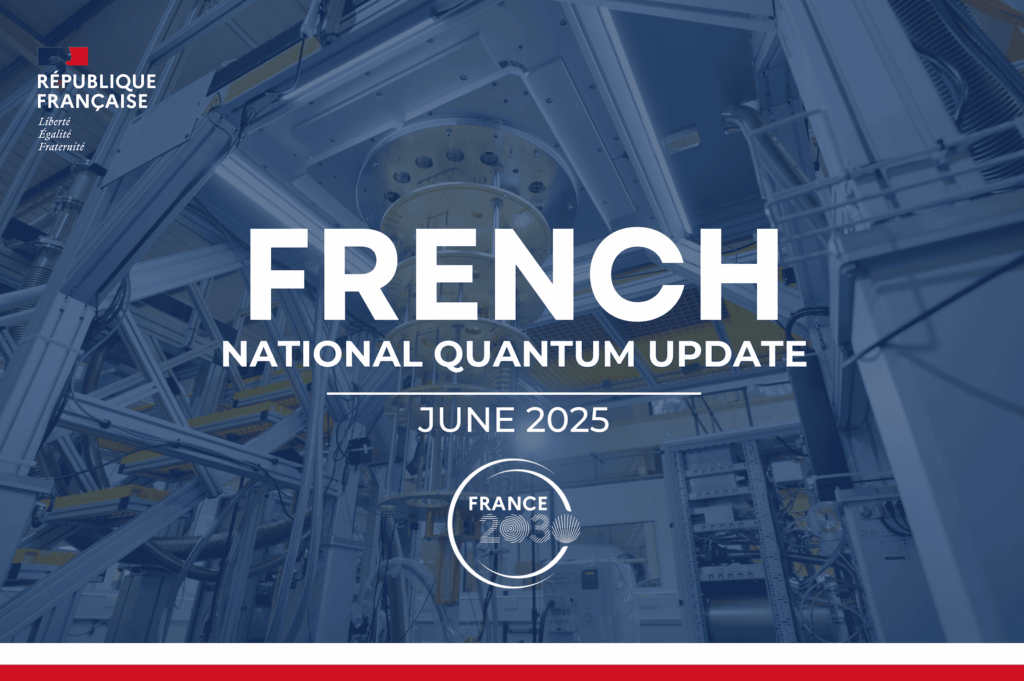
The Engine, the venture firm founded by MIT in 2016 to support “tough tech” companies, today announced in a MIT news release that it has raised $230 million in its second round of funding, and will begin making investments in additional startups focused on conceiving and commercializing solutions to some of the world’s most pressing challenges.
The Engine’s tough tech-focused mission was first outlined by President L. Rafael Reif in a 2015 op-ed in The Washington Post. The Engine was created not only to bring world-changing technologies to life, but also to cultivate the region’s innovation ecosystem, cementing the Boston area as an international hub for tough tech.
“Our aim was to provide them with a new model of sustained assistance and an ecosystem of talent, expertise, and support to speed their progress.”
“We launched The Engine to help young companies focused on tough tech challenges that have the potential for enormous societal impact. Our aim was to provide them with a new model of sustained assistance and an ecosystem of talent, expertise, and support to speed their progress,” President Reif says, “so we are truly thrilled that Harvard has joined us in this mission.”

Zapata Computing, a quantum startup, received support from The Engine. The company recently released its Orquestra platform to give enterprise teams the power to compose, run and analyze quantum computing workflows at scale. Another company, Sync Computing, a startup born out of Lincoln Laboratory, offers some competition to quantum computers. The company is pioneering an optimization processing unit (OPU) that could provide a solution to stubborn optimization challenges.
All told, The Engine has invested in 27 portfolio companies tackling challenges, including climate change, human health challenges such as Covid-19, and pioneering advanced systems, like quantum technology. The university said that significant advancements of the companies stemming from The Engine’s initial investments include scientific proofs of concept and research publishing; product development and customer pilots; and follow-on funding and new intellectual property and patent filings.
MIT provided $25 million in anchor funding for The Engine’s Fund I, which exceeded its original goal of raising $150 million to close at over $200 million in 2017. MIT is investing $35 million toward this new round of funding, The Engine Fund II. MIT’s contributions to The Engine are part of an overall portfolio of investments intended to generate returns for the Institute’s general operating budget and cultivate the Cambridge innovation ecosystem. Funds are released over time as investments are made in tough tech companies.
Harvard University is joining MIT as a limited partner in The Engine’s second round of funding, furthering The Engine’s mission to provide capital and access to talent and vital specialized infrastructure for tough tech entrepreneurs.
Leaders from Form Energy, which was initially backed by The Engine, said that the fund’s early investment was critical to helping the team attract significant investments.
“The Engine’s investment team made the first financial vote of confidence in our idea, and has invested in all three subsequent financings since,” Form Energy cofounder, president, and COO Ted Wiley says. “The Engine has also brought substantial new investors … resulting in over $100 million in capital raised to date over the past three years.”
Beyond Financial Support
MIT’s support of The Engine includes infrastructure, access, and alignment on diversity and inclusion. The Engine’s expansion project at 750 Main Street in Cambridge, which is expected to be completed in 2022, will house 100 companies and 1,000 people, along with labs, office and maker space, fabrication facilities, and more.
The Engine’s yearly Tough Tech Summit attracts hundreds of investors, entrepreneurs, founders, policymakers, and academics to help forge a path for tough tech commercialization, according to the release. Additional collaboration with MIT includes involvement with the STEX25 accelerator within the MIT Startup Exchange and the MIT Industrial Liaison Program (ILP).
“MIT was first to acknowledge that tough tech startups have largely been underfunded and underserved, and we continue to be incredibly grateful for MIT’s vision and its ongoing support of our mission to bring these innovations to the world,” notes Katie Rae, CEO and managing partner of The Engine.
If you found this article to be informative, you can explore more current quantum news here, exclusives, interviews, and podcasts.

